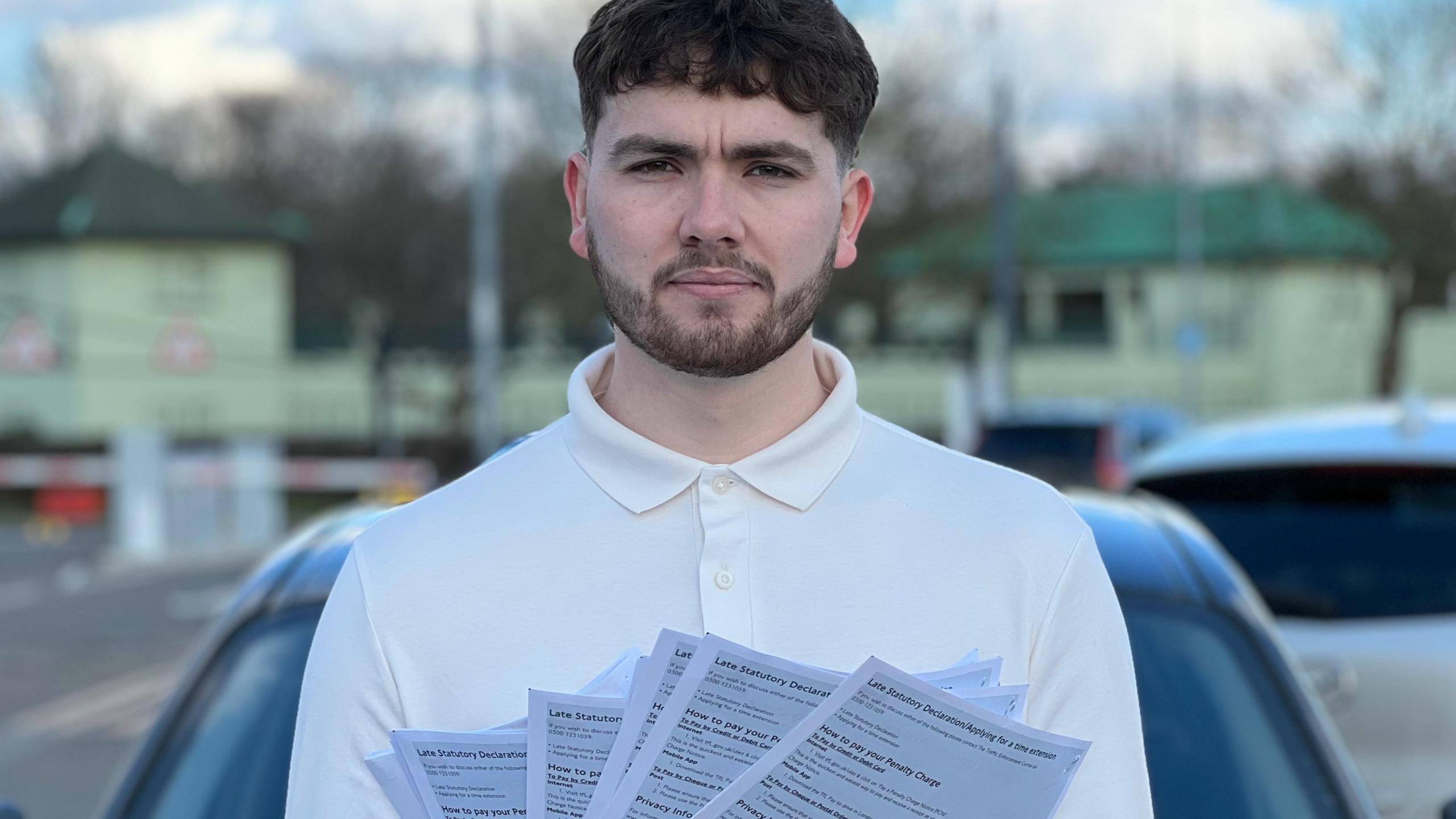'My energy bills are so high I asked the council to buy back my flat'
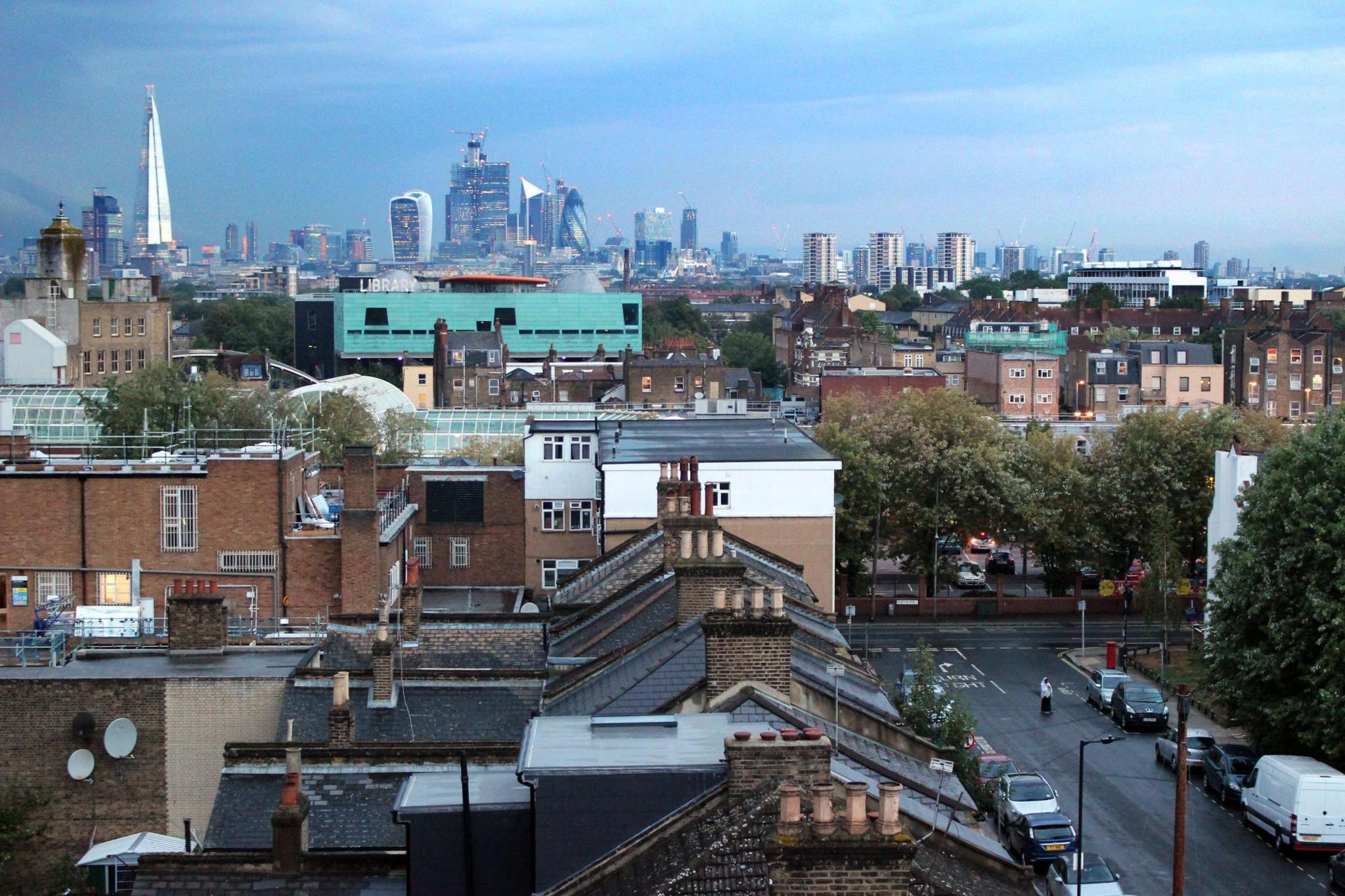
About 500,000 homes nationally are connected to the UK's approximately 13,000 heat networks
- Published
Residents connected to council-run heat networks say they are struggling to pay for heating because their spiralling costs are not covered by the energy price cap.
Heat network schemes are meant to keep costs down by buying fuel in bulk. But because gas is purchased on a commercial basis by councils, end-users are not covered by the energy price cap set by Ofgem, the gas and electricity regulator., external
One of those affected told the BBC the bill hikes have forced her into trying to sell her home back to her local council while another said she feared her property had become unsellable.
The government said Ofgem would be made the regulator for heat networks in 2026 to "deliver fairer bills and ensure networks are kept in good condition".
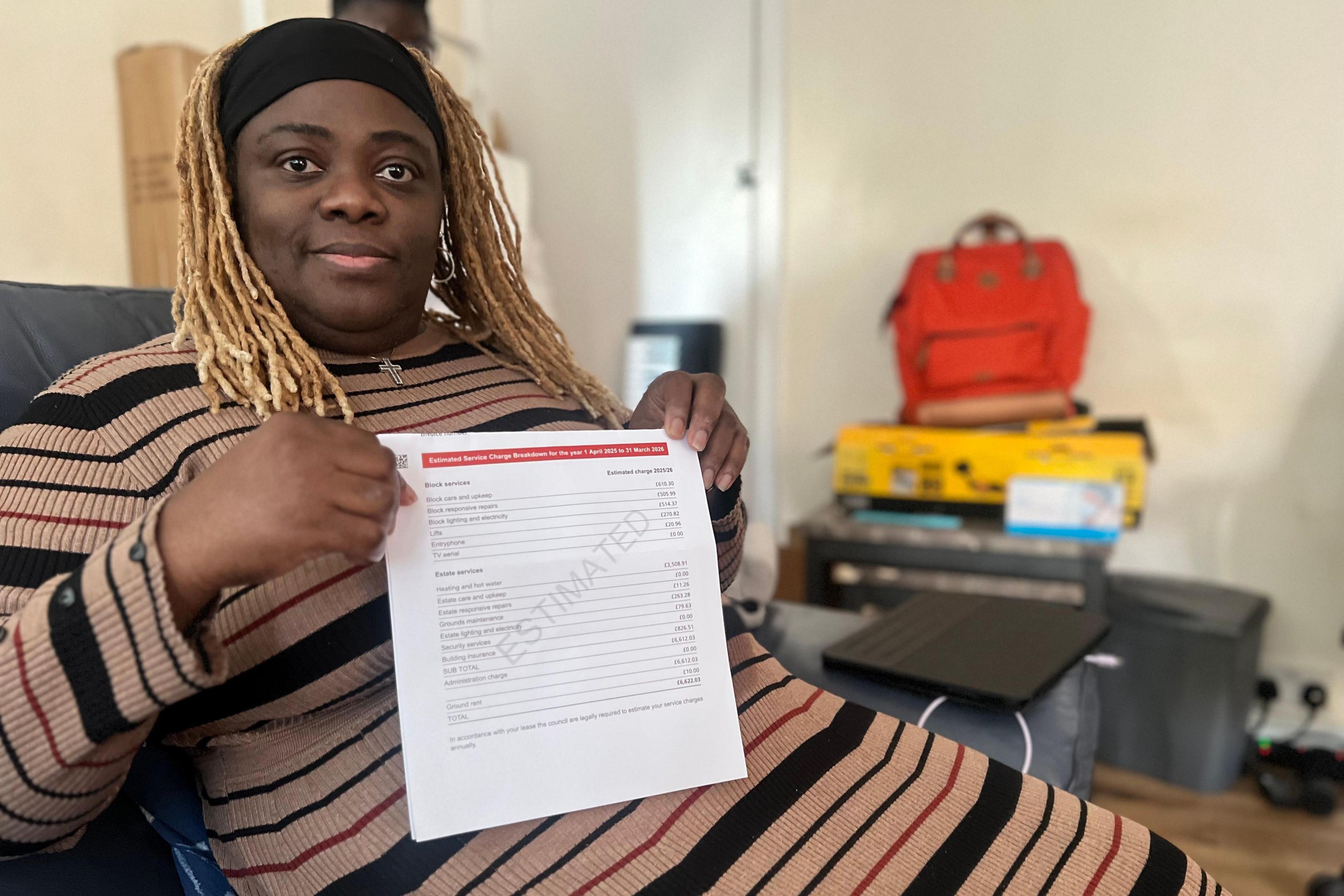
Mother-of-two Dolly Thomas faces a service charge of more than £6,600, which includes over £3,508.91 for heating and hot water
About 500,000 homes nationally are connected to the UK's approximately 13,000 heat networks.
They include the maisonette owned by Dolly Thomas, who has lived there since 2011 with her husband and two daughters.
The estimated service charge for her home, in north Peckham, London, is more than £6,600 next year. More than half - £3,508.91 - is for heating and hot water.
She will struggle to pay, she said.
"It's had a serious impact, it's not funny," said Ms Thomas. "We have [had] to give up a lot of things.
"I've got to the point where I've even asked the council to buy the flat back, but they said they don't have the money."
Ms Thomas is connected to the Southwark Council-run North Peckham Heat Network which provides heating and hot water to 842 other homes, via a vast web of pipes.
The total amount of gas used is divided between each property, regardless of how much they use.
Ms Thomas was able to afford the service charge when she moved in, but the cost has since tripled.
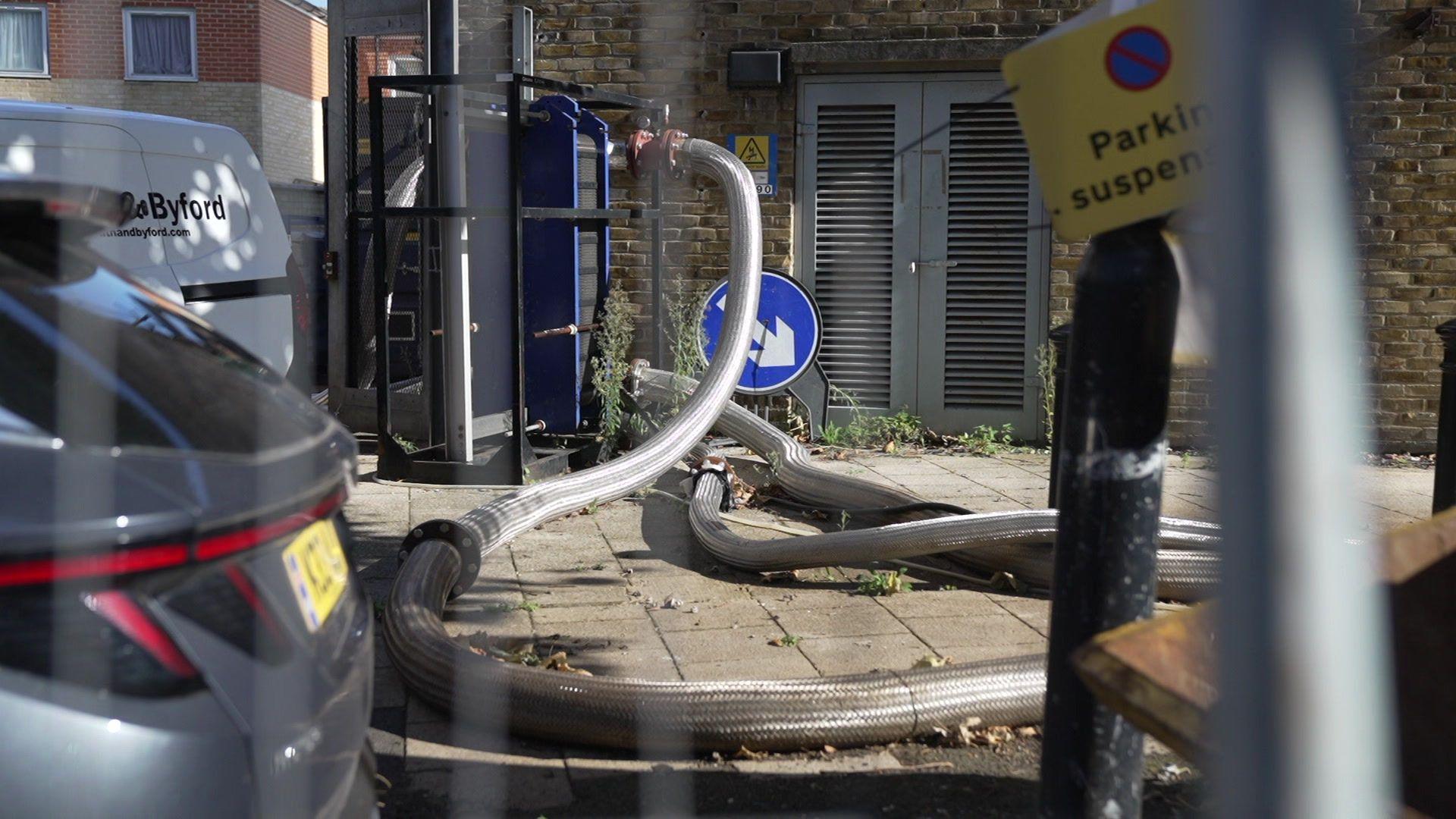
The BBC has spoken to dozens of residents in London who are linked to communal heating systems and say they have seen big price hikes since the energy crisis in 2023-24
What is a heat network?
Gas is purchased on a commercial basis by councils, and therefore not covered by the energy price cap set by Ofgem.
This means there is no upper limit on how much consumers like Dolly can be charged.
Experts say many older heat networks in London have been poorly maintained, meaning huge quantities of heat generated in the boil room is lost as it travels along inefficient and badly insulated pipes.
Get in touch
Do you have a story to share with the BBC London investigations team in confidence?
Stephen Knight, from the Heat Trust, said: "We see so many heat networks in the UK that have been poorly put together, poorly maintained with heat loses that is more than the heat delivered to customers.
"That's what is driving a lot of the high prices along with really expensive and volatile commercial energy costs."
The BBC has spoken to dozens of residents in London who are linked to communal heating systems and say they have seen big price hikes since the energy crisis in 2023-24.
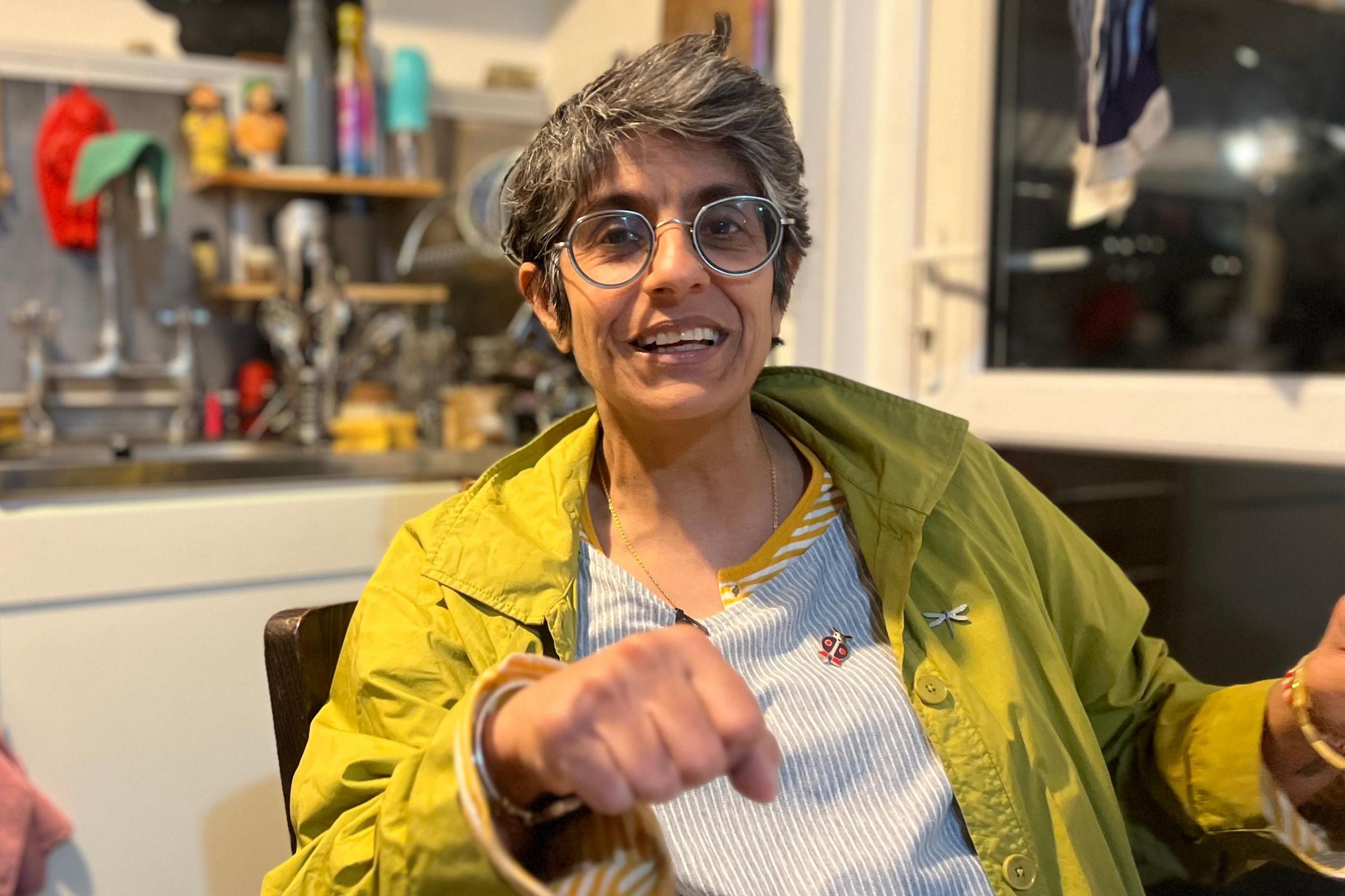
Sharon paid £3,369 for heating and hot water last year
Sharon has lived alone in her three-bedroom flat opposite the Consort Estate in south London since 2019. She paid £3,369 for heating and hot water last year.
"I don't use it much and I only have one radiator on," she said. "I basically give all my money to Southwark Council and I don't understand how that can be when I own my own home.
"I really have to scrape [by], but it's compacted by the fact that I shouldn't have to be paying it.
"We don't have any meters in this block... there is no connection between how much you're using and the price you pay."
Sharon claims the system is unfair and said she was concerned that she may struggle to sell her flat in the future, because of the rising energy costs.
Ideally, she would like her own boiler so that she only pays for what she uses.
What the BBC Investigation found:
The BBC used freedom of information requests to all London councils and found more than 34,000 homes are connected to a heat network operated by a local authority in London
This number could be much higher because only 18 out of 33 local authorities responded to our request - of those, nine confirmed they ran heat networks
Analysis of these figures by the Heat Trust found all those who responded were paying less for gas than the Ofgem domestic price cap up until 2022-23
Since 2023-24 they have paid on average almost 30% more than the rate set by Ofgem's price cap
The figures revealed all nine boroughs experienced a rise in gas prices between 2020-21 and 2023-24. Reported increases ranged from 140% in Kensington and Chelsea to 330% in Waltham Forest
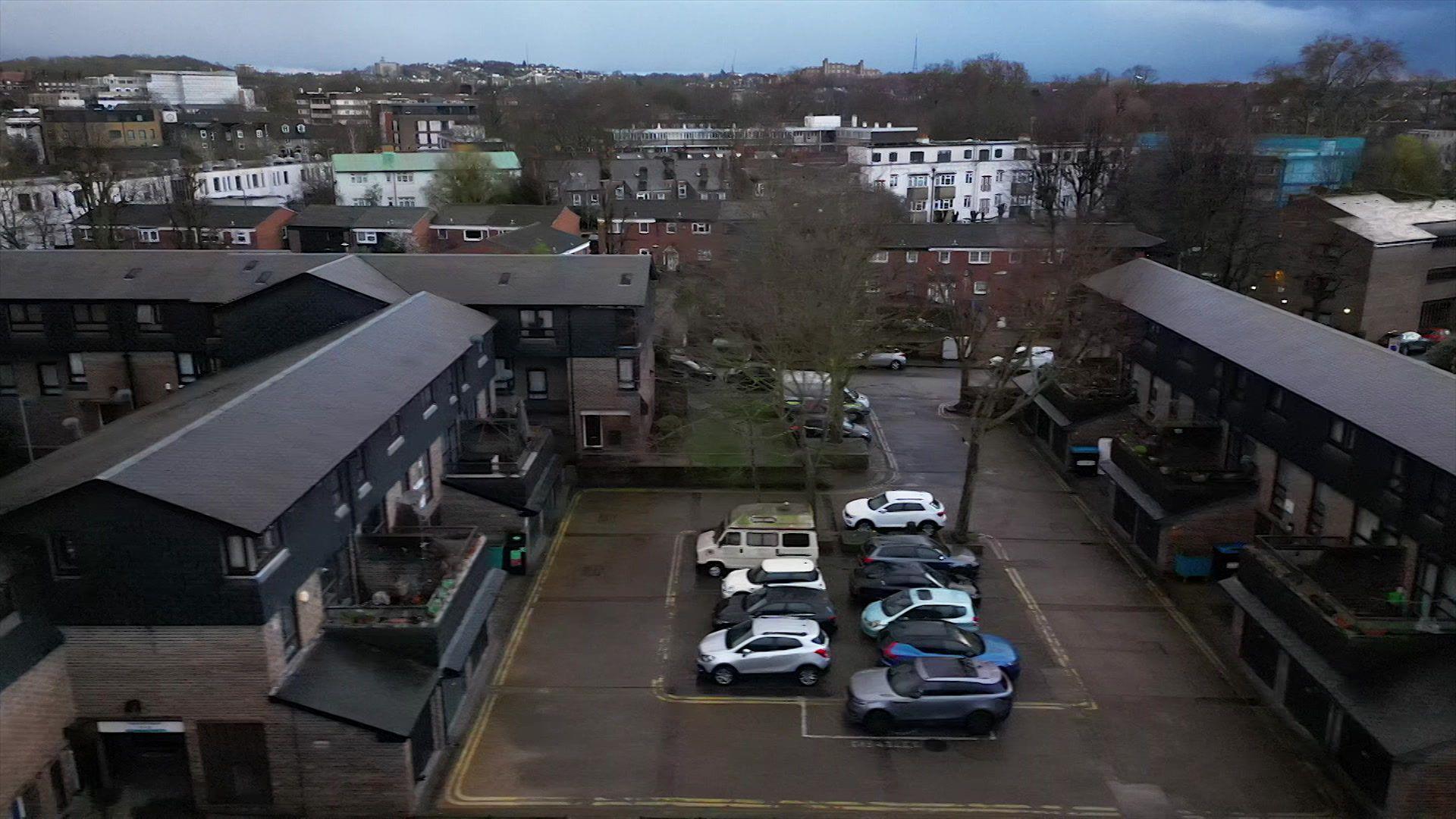
Southwark Council said it was "leading the way" with its network and said its reliability was "high"
Mr Knight said the data collated by the BBC revealed that "in the middle of the energy crisis in 2023-24, local authorities were paying more for the gas than those who had a home boiler that was paid through the domestic price cap".
"Typically," he said, "it should be much cheaper for a big operator of a heat network to procure energy (gas) than a domestic consumer.
"But, because of the lack of price protection from the price cap that situation was reversed during the energy crisis and that has led to thousands of consumers facing enormous bills, with some being lumbered in debt."
Are communal boilers creating an energy price trap?
Sarah King, leader at Southwark Council, said heat networks were "a key part of the government's plan to cut carbon emissions" and her council was "leading the way" with its network.
"We also have some older networks that use higher temperatures and more complex pipework, which can lead to more heat loss," she said.
Ms King said the reliability of its network was "high" and, where performance was found to be lower it was "prioritising upgrades".
"We buy fuel in bulk to keep costs down," Ms King said. "But rising energy prices have pushed up heating charges."
The council said it was supporting residents who preferred heat meters to better manage and had already installed about 2,000 meters.
"We know energy costs are a real concern," Ms King said. "If you're struggling with bills, please contact the council for support."
Miatta Fahnbulleh, the minister for energy consumers, said the government was "determined" to make sure heat network customers paid "fairer prices for the energy they use, with rapid support and compensation if things go wrong".
She said the Energy Ombudsman, Citizens Advice and Consumer Scotland were all "now on hand" to offer help and advice to heat network customers.
"We will also go further by making Ofgem the new heat network regulator," she said, "with the power to deliver fairer bills and ensure networks are kept in good condition."
More from London and East Investigations
- Published25 June
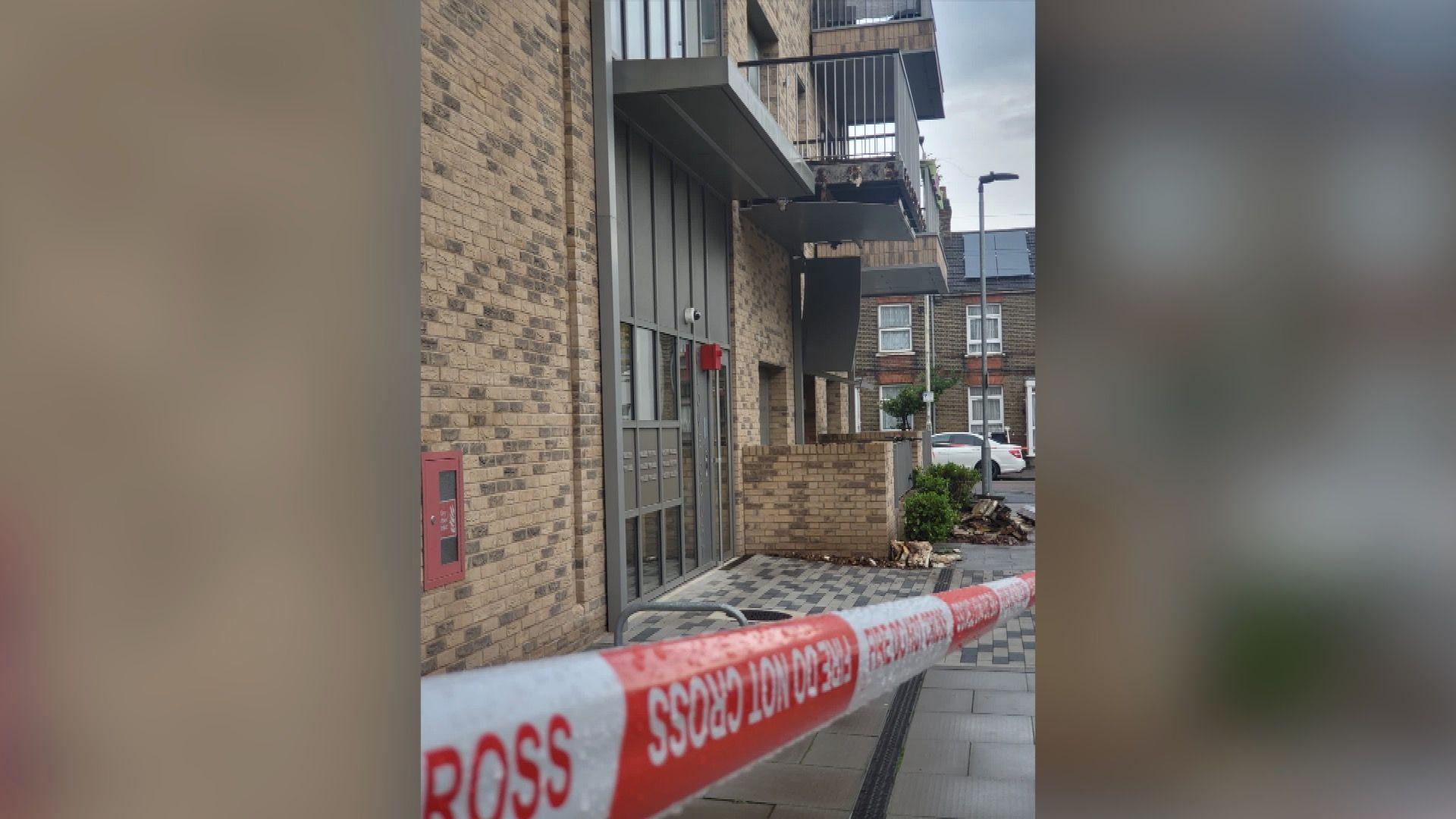
- Published23 May

- Published24 April
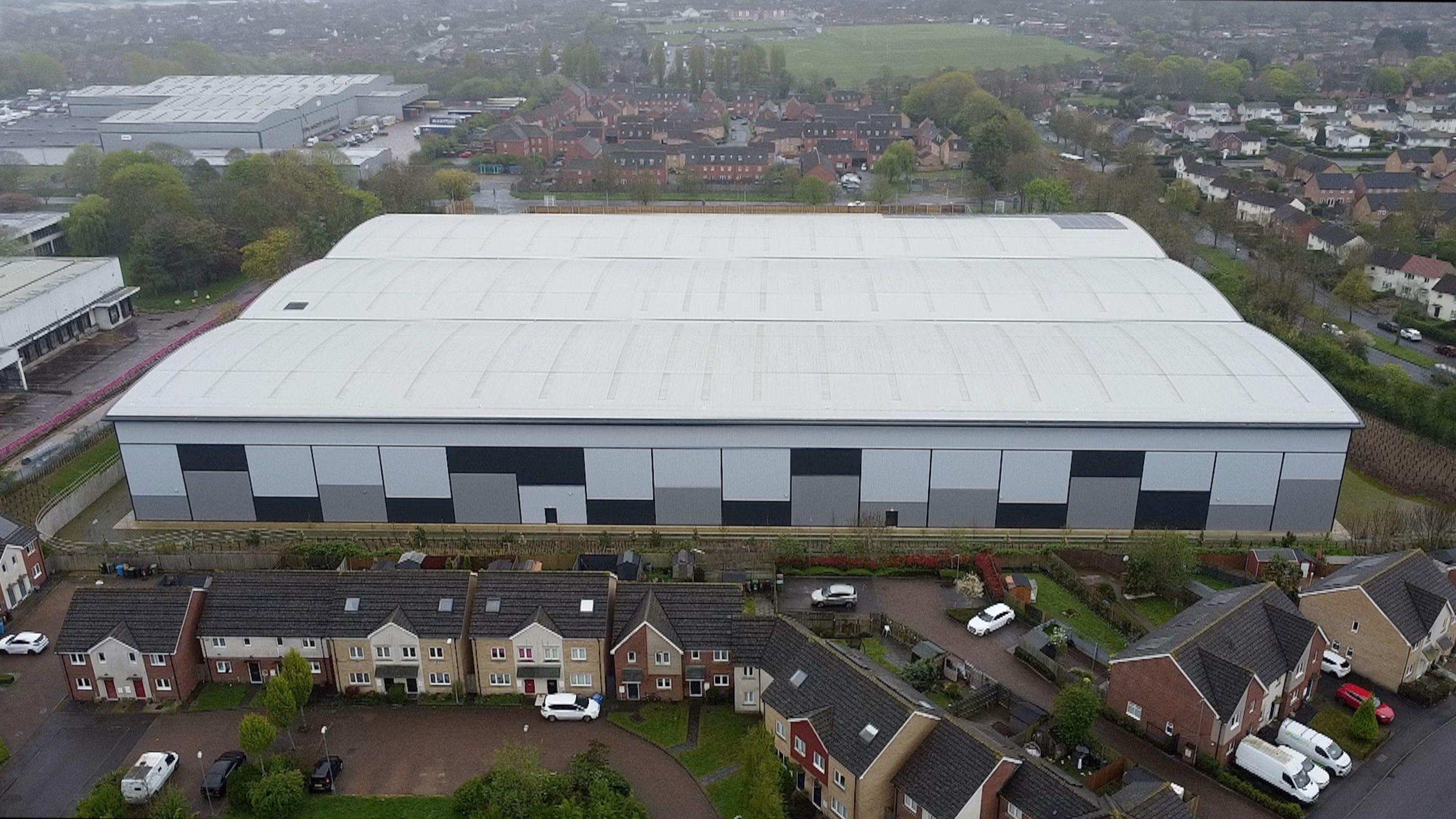
- Published10 April
